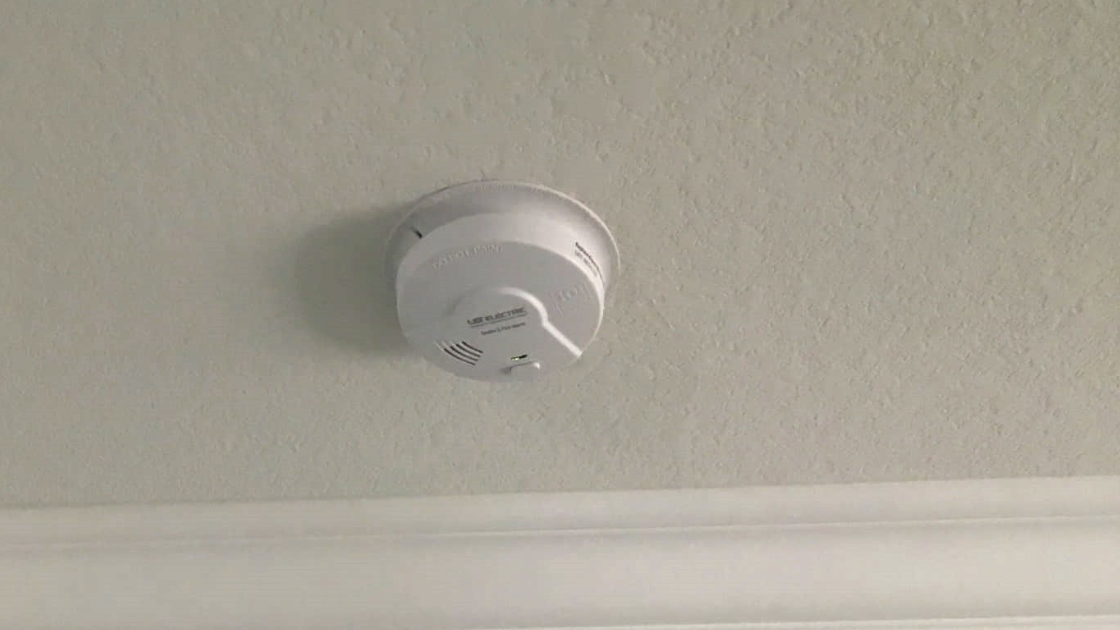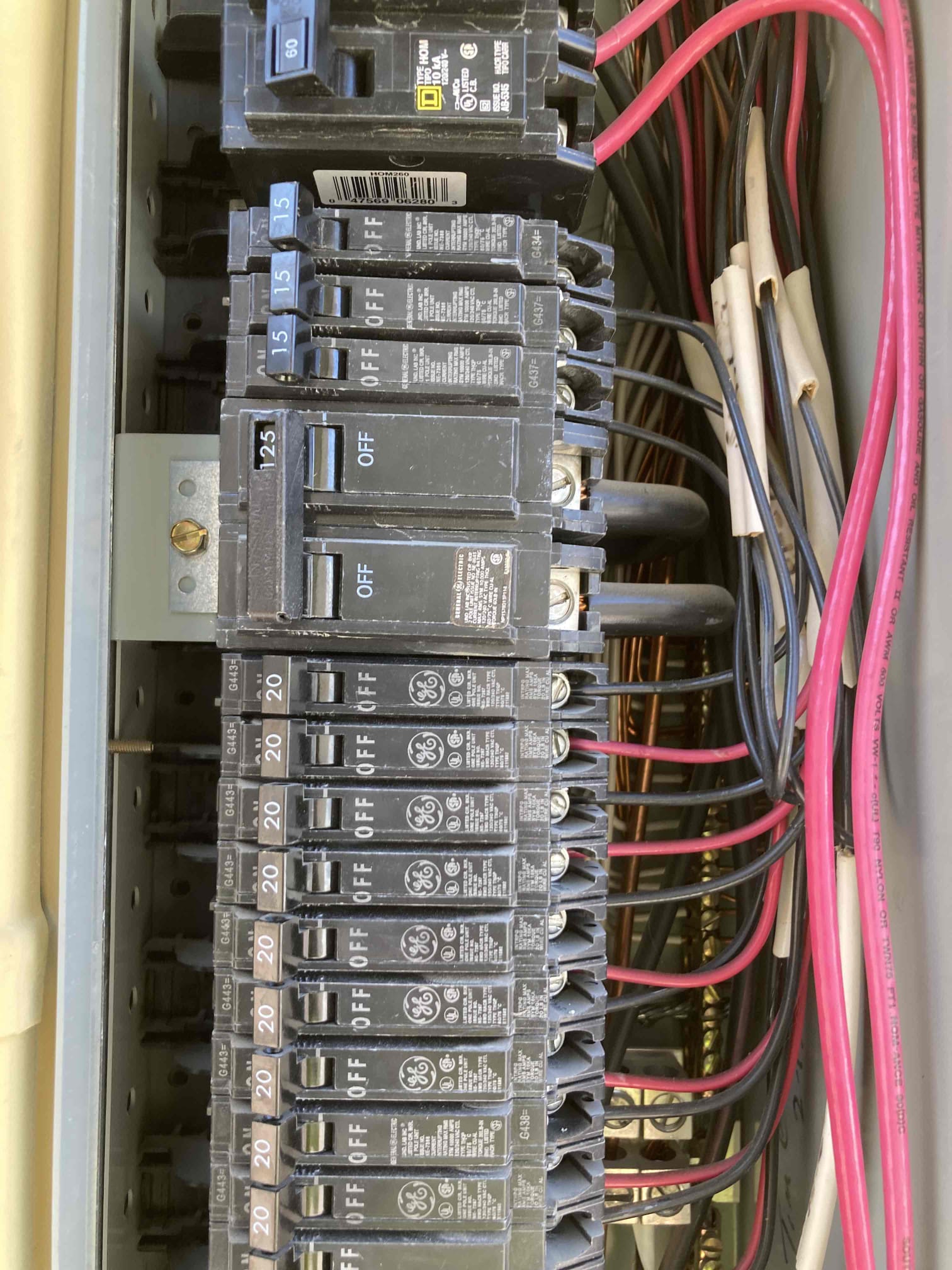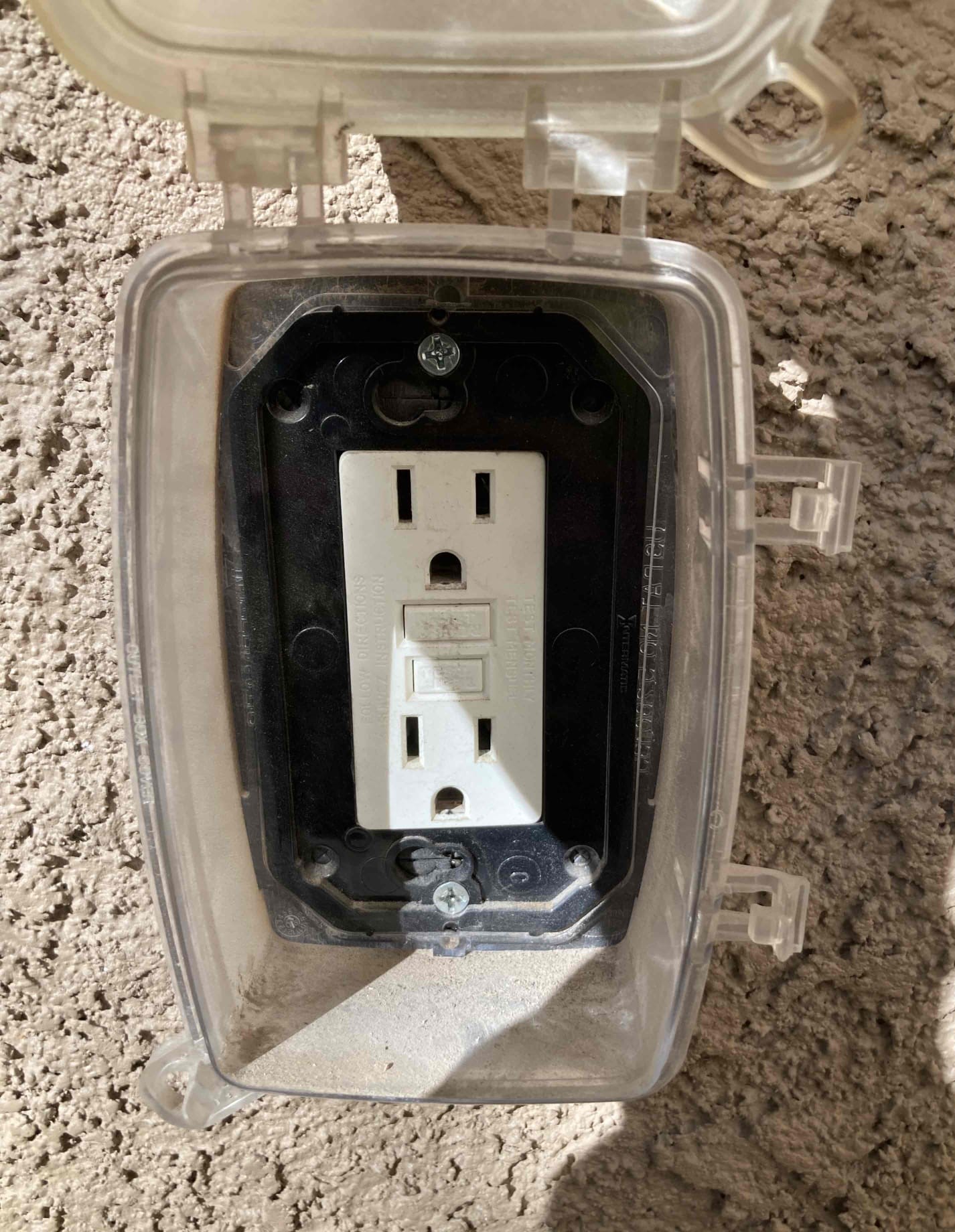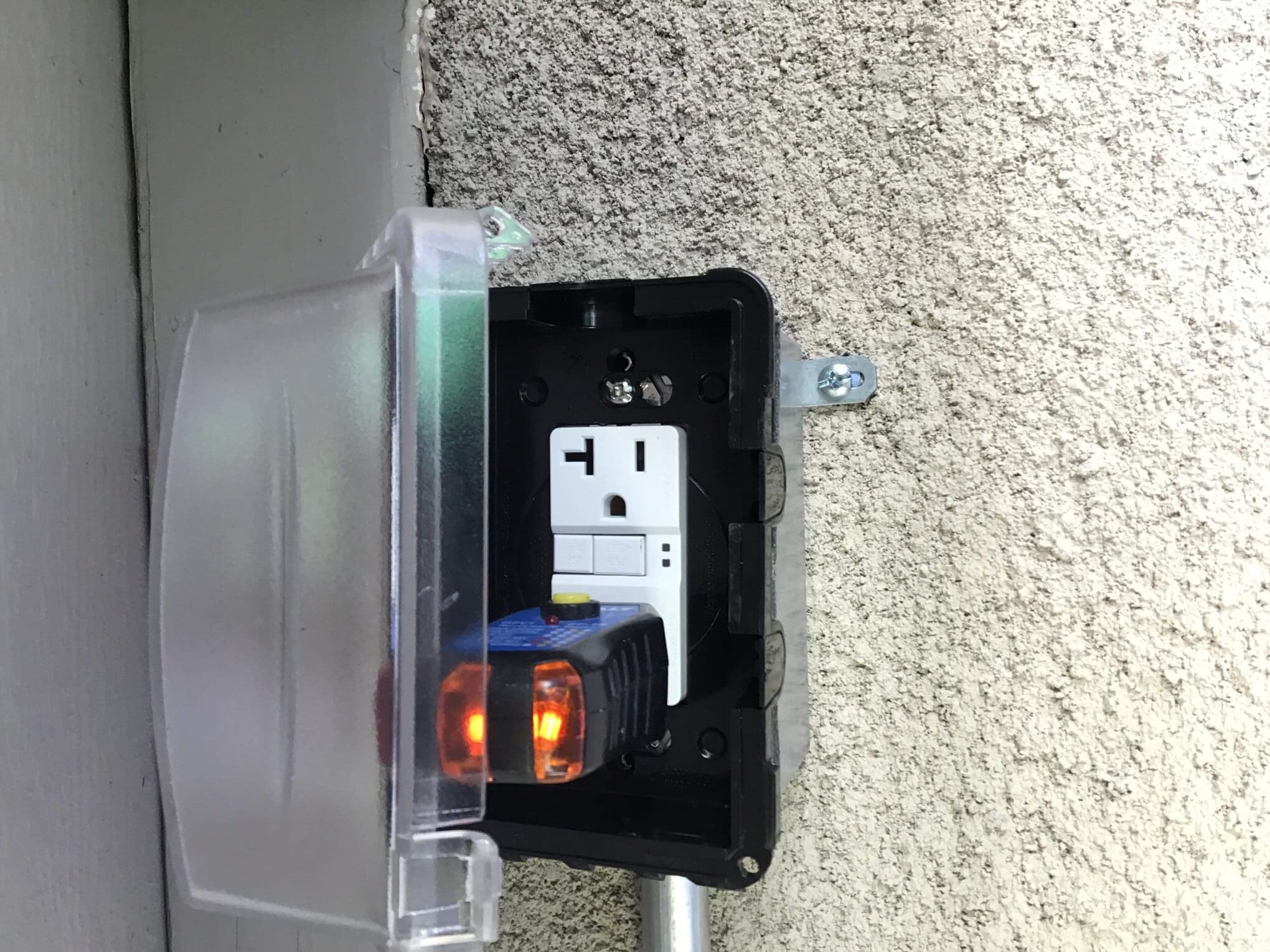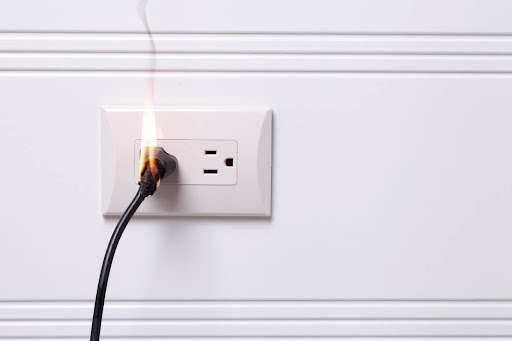Proudly Serving the
Las Vegas Metro Area
What Will Fail An Electrical Inspection?
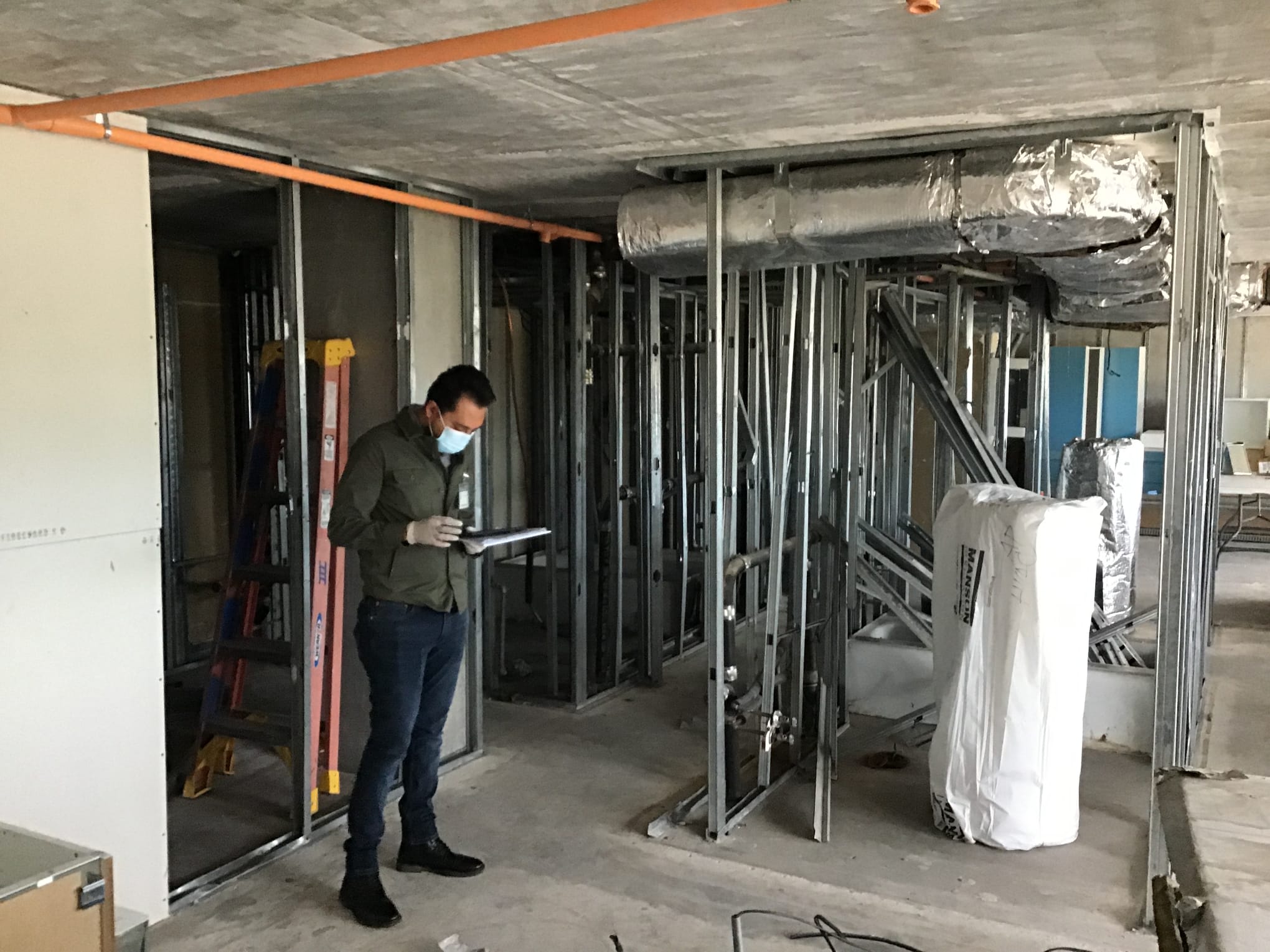
Ensuring that your home or business passes an electrical inspection is crucial for safety, compliance, and peace of mind. Understanding what will fail an electrical inspection can help you avoid common pitfalls and prepare adequately. In this blog, we’ll delve into the most frequent reasons for failing an electrical inspection, providing you with the insights needed to pass with flying colors.
Common Reasons for Failing an Electrical Inspection
Improper Wiring
One of the leading causes of failure in a home electrical inspection is improper wiring. This includes issues like outdated wiring, damaged wires, or wiring that doesn’t meet current code requirements. For example, older homes might still have aluminum wiring instead of the modern and safer copper wiring. Ensuring that your wiring is up-to-date and correctly installed is essential for passing an electrical inspection.
Faulty Electrical Panels
Electrical panels are the heart of a home’s electrical system. Any issues here can lead to significant problems. Common faults include over-fusing, where a circuit breaker is rated higher than the capacity of the wire it protects, or having an outdated panel that no longer meets current safety standards. Ensure your electrical panel is properly labeled, free of rust, and not overcrowded with circuits to avoid failing the inspection.
Insufficient Grounding
Proper grounding is vital for safety and is a common checkpoint during a home electrical inspection. Grounding provides a safe path for electricity to follow in case of a fault. Lack of proper grounding or incorrect grounding techniques can lead to an inspection failure. Ensure that your electrical system includes proper grounding rods and that all metal components are correctly bonded.
Outlet Issues
Electrical outlets are another frequent area of concern. Issues such as improperly wired outlets, lack of ground fault circuit interrupter (GFCI) outlets in required areas (like kitchens and bathrooms), and outdated two-prong outlets can all lead to a failed electrical inspection. It’s crucial to upgrade to modern, three-prong outlets and ensure that GFCI outlets are installed where necessary.
Improper Installation of Electrical Fixtures
Electrical fixtures such as lights, fans, and switches must be installed correctly to pass an inspection. This includes ensuring that fixtures are securely mounted, using the appropriate type and size of wiring, and following manufacturer installation guidelines. Loose fixtures or incorrect installation methods can result in an inspection failure.
Overloaded Circuits
Overloading a circuit can cause overheating and potential fire hazards, making it a critical focus during an electrical inspection. This can happen if too many devices or appliances are connected to a single circuit. To avoid this, ensure that circuits are not overloaded and that the electrical load is evenly distributed throughout the system.
Lack of Permits and Inspections for Previous Work
Any significant electrical work performed without the necessary permits and inspections can be a red flag during a home electrical inspection. Inspectors will check to ensure that all previous work was done according to code and with the proper permits. If you’ve had electrical work done, ensure that it was permitted and inspected to avoid issues.
Exposed Wiring
Exposed wiring is a significant safety hazard and a common reason for failing an electrical inspection. This includes wires that are not properly enclosed in junction boxes or conduit. Exposed wires can lead to electrical shocks or fires. Ensure that all wiring is correctly enclosed and protected.
Improper Circuit Breaker Size
Using the incorrect size of circuit breakers for the wiring they are protecting is a common issue. Each circuit requires a specific breaker size to protect the wiring and prevent overheating. Ensure that circuit breakers are appropriately sized and matched to the wiring gauge they protect.
Outdated Electrical Systems
Homes with outdated electrical systems, such as knob-and-tube wiring, are at a higher risk of failing an electrical inspection. Modern electrical systems are designed to handle the increased demand of contemporary appliances and electronics. Upgrading an outdated system can be a significant but necessary investment to ensure safety and compliance.
Preparing for a Home Electrical Inspection
To ensure a smooth electrical inspection, consider taking the following steps:
- Conduct a Pre-Inspection: Hire a licensed electrician to conduct a pre-inspection of your electrical system. They can identify and rectify potential issues before the official inspection.
- Follow Electrical Codes: Ensure that all electrical work complies with the National Electrical Code (NEC) and local regulations. Staying up-to-date with current codes is essential for passing an inspection.
- Upgrade Outdated Components: Replace any outdated wiring, outlets, or panels to meet current safety standards. This includes upgrading to GFCI outlets in required areas and ensuring proper grounding.
- Document Previous Work: Keep records of any previous electrical work, including permits and inspection reports. This documentation can help verify that all work was done according to code.
Call Pacific Electric For Your Electrical Repairs
Passing an electrical inspection is crucial for the safety and compliance of your home or business. By understanding what will fail an electrical inspection, you can take proactive steps to address common issues and ensure that your electrical system is up to code.
For all your electrical inspection or electrical repair needs, contact Pacific Electric. Our experienced and licensed electricians can help you prepare for and pass your electrical inspection with ease. Reach out to us today for a comprehensive evaluation and expert assistance.


